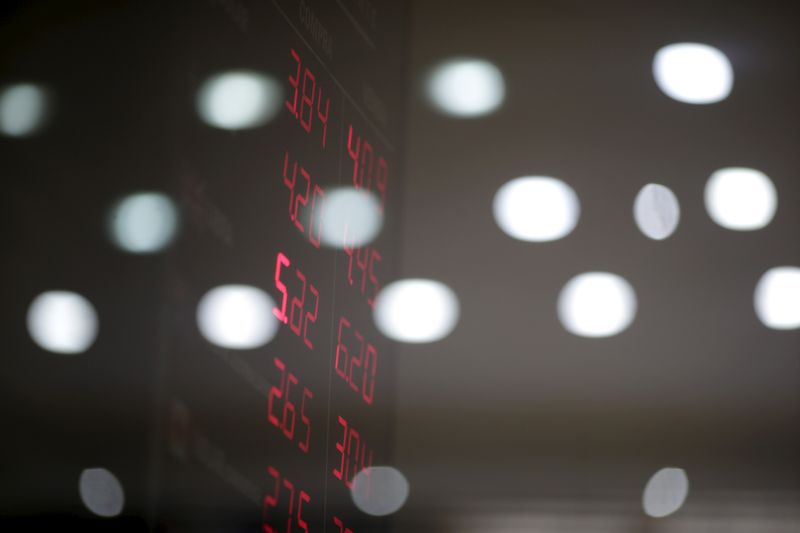By Marcela Ayres
BRASILIA (Reuters) -Brazil's government is considering an income tax exemption for foreigners investing in domestic corporate bonds, hoping to lower financing costs for local firms at a time of rising interest rates, the Economy Ministry said on Wednesday.
In a statement to Reuters, it said officials are drafting regulations aimed at "expanding the access of Brazilian companies to foreign capital" by aligning the tax treatment given to corporate bonds with the one already applied to equity investments by non-residents.
Foreigners currently pay a 15% tax on capital gains from local private-sector bonds, but are exempt from the tax when they invest in Brazil's stock market and public debt. Brazilians pay a 15-22.5% income tax rate on returns from corporate bonds, depending how long they are held.
Two Economy Ministry officials said an executive order is being drafted with the change as part of a minor capital markets reform, which was confirmed by two other ministry sources.
By opening the door for more foreign investment in Brazil's capital markets, the country hopes to attract dollars and strengthen the local currency, which would help to ease double-digit inflation, one of the sources said.
The Brazilian real has strengthened more than 7% against the U.S. dollar this year, boosted by net financial inflows of just over $10 billion.
In 2006, Brazil exempted foreigners from income taxes on their investments in public bonds, helping the government to extend its debt maturities while boosting financial inflows.
An executive order providing a similar exemption for private bonds should be ready soon, one source said, following studies by Brazil's Treasury and tax service. The move would require approval from Congress to become permanent.
An initial review has shown little revenue impact from the proposed exemption, the source added, given relatively small foreign holdings of corporate debt in the country.

A second source said the tax change would apply to local debt issued by non-financial companies, a market currently worth about 1 trillion reais ($194 billion) according to central bank data, with foreign investors now holding just 2.7% of the total.
($1 = 5.158 reais)